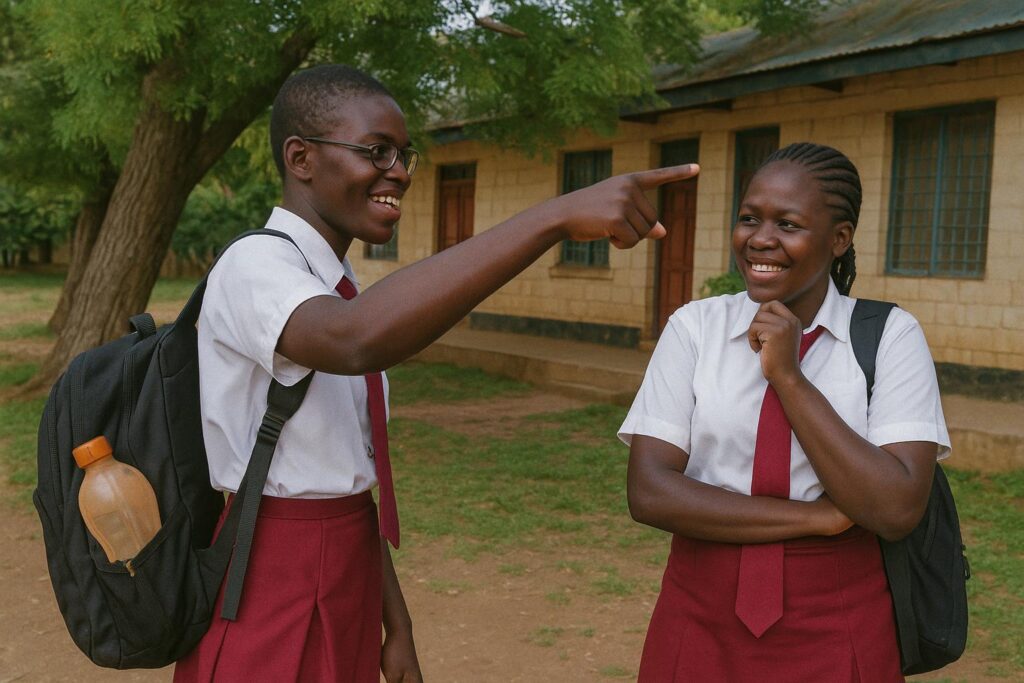Early Marriage Statistics in South Sudan
In South Sudan, nearly one in two girls marries before 18, UNICEF reports. For many, the ceremony signals the end of school and the start of economic uncertainty.
Poverty, customary norms and dowry expectations keep the practice resilient, especially in rural counties where a daughter’s bride wealth cushions household budgets.
Personal Journeys of Resilience
Gloria Ayen Mayom became a bride at 17 after an unplanned pregnancy. Five years of informal jobs followed before she funded her own return to class and is now pursuing a diploma.
“Education is the only husband that cannot leave you,” she said, arguing that qualifications anchor women’s independence even if a spouse earns little.
Sarah Matoel, married at 15, rediscovered hope after her young son teased her handwriting. Studying afternoons while breastfeeding, she passed Senior Four exams with 77.9 % and now trains as an English literature teacher.
University students Grace Nene and Peace Rebecca, spared from marital pressure by supportive parents, insist that visible role models and mentorship widen girls’ horizons.
Consequences Beyond School
Early marriage limits earnings, increases health risks during childbirth and often sidelines women from civic life, activists note, making education a cornerstone for national development.
Legal Framework and Enforcement Gap
South Sudan’s Child Act of 2008 and the Transitional Constitution forbid child marriage, yet an estimated 52 % of girls still wed early (Advocate Monyluak Aguer Rou).
Rou says the Penal Code lacks clear penalties, and customary laws, combined with financial strain, overpower statutory protections.
He urges Parliament to amend legislation and for community, civil and faith leaders to lead awareness campaigns.
Community Pathways to Change
Teachers, parents and returnee students argue that keeping classrooms accessible for married or pregnant girls turns education into a rescue line rather than a casualty.
As Gloria says, women are society’s foundation; investing in their schooling is investing in a stronger South Sudan.


